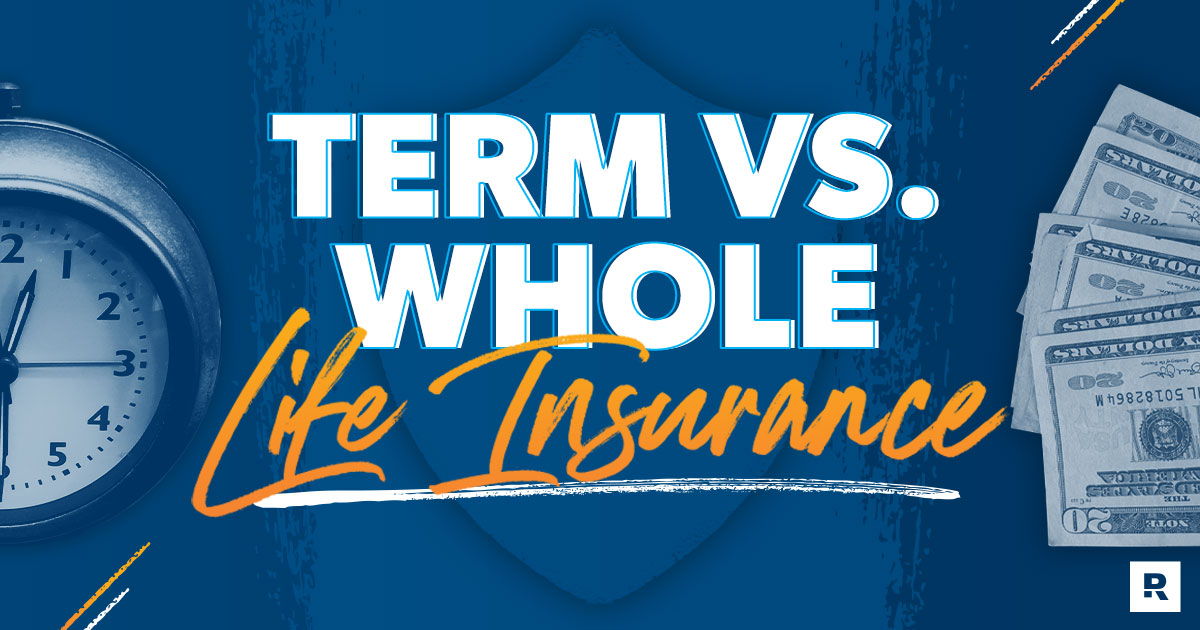
Introduction
When it comes to protecting your loved ones and securing their financial future, life insurance is a crucial consideration. But with so many options available, it can be overwhelming to choose the right policy. Two popular choices are term life insurance and whole life insurance. Understanding the differences between the two can help you make an informed decision.
Definition of Life Insurance
Life insurance is a contract between an individual and an insurance company. In exchange for regular premium payments, the insurance company provides a lump sum payment, known as the death benefit, to the designated beneficiaries upon the insured person’s death. This financial protection ensures that loved ones are taken care of financially in the event of a tragedy.
Importance of having Life Insurance coverage
Life insurance coverage is essential for several reasons:
- Financial Security: Life insurance provides a safety net for your family, ensuring they can maintain their standard of living even after you’re gone.
- Paying Off Debts: Life insurance can help cover outstanding debts such as mortgages, loans, or credit card balances, relieving your loved ones from financial burdens.
- Estate Planning: Life insurance can be used as an effective estate planning tool to provide liquidity for estate taxes or equalize inheritances among beneficiaries.
- Business Continuity: For business owners, life insurance can facilitate a smooth transition of ownership or provide funds to cover expenses in case of a key person’s death.
Understanding the importance of life insurance coverage and the differences between term life and whole life policies will help you make an informed decision based on your specific needs and financial goals.
Term Life Insurance
Explanation of Term Life Insurance
Term life insurance is a type of life insurance that provides coverage for a specified period, typically ranging from 10 to 30 years. It offers a death benefit to the beneficiaries if the insured person passes away during the policy term. Unlike whole life insurance, term life insurance does not accumulate cash value over time.
Advantages and Disadvantages of Term Life Insurance
One of the main advantages of term life insurance is its affordability. Premiums for term life insurance policies are generally lower compared to whole life insurance. Additionally, term life insurance provides coverage for a specific period when financial responsibilities are typically higher, such as mortgage payments or children’s education expenses.
However, one disadvantage of term life insurance is that it does not provide coverage for the entire lifetime of the insured. Once the policy term ends, the coverage ceases unless renewed or converted into a different type of policy. Another drawback is that term life insurance does not build cash value, meaning there is no investment component.
Factors to consider when choosing Term Life Insurance
When selecting a term life insurance policy, it is essential to consider factors such as the length of coverage needed, the amount of death benefit required, and the affordability of premiums. Additionally, it is crucial to review the financial stability and reputation of the insurance company offering the policy.
By carefully evaluating these factors and understanding the advantages and disadvantages of term life insurance, individuals can make an informed decision about their life insurance needs.

Whole Life Insurance
Explanation of Whole Life Insurance
Whole life insurance is a type of permanent life insurance that provides coverage for the entire lifetime of the insured. Unlike term life insurance, which only covers a specific period, whole life insurance offers lifelong protection as long as the premiums are paid. It also includes a cash value component that grows over time, allowing policyholders to accumulate savings.
Advantages and Disadvantages of Whole Life Insurance
One advantage of whole life insurance is that it provides lifelong coverage and guarantees a death benefit payout to beneficiaries. Additionally, the cash value component can be used for various purposes such as borrowing against it or supplementing retirement income. However, whole life insurance tends to have higher premiums compared to term life insurance and may not be affordable for everyone.
Factors to consider when choosing Whole Life Insurance
When considering whole life insurance, it’s important to evaluate factors such as the premium cost, cash value growth potential, and the financial stability of the insurance company. It’s also crucial to assess your long-term financial goals and determine if whole life insurance aligns with your needs.
Ultimately, choosing between term life and whole life insurance depends on your individual circumstances and financial objectives. Consulting with a trusted financial advisor can help you make an informed decision that suits your specific needs.
Coverage and Premiums
Comparison of Coverage offered by Term Life and Whole Life Insurance
When it comes to life insurance, understanding the difference between term life and whole life policies is crucial. Term life insurance provides coverage for a specific period, typically 10, 20, or 30 years. It offers a death benefit to your beneficiaries if you pass away during the policy term. On the other hand, whole life insurance provides coverage for your entire life and includes a cash value component that grows over time.
Comparison of Premiums for Term Life and Whole Life Insurance
Term life insurance generally has lower premiums compared to whole life insurance. This is because term life policies only provide coverage for a specific period, making them less expensive. Whole life insurance, on the other hand, offers lifelong coverage and includes an investment component, which leads to higher premiums.
It’s important to consider your financial goals and needs when choosing between term life and whole life insurance. If you’re looking for affordable coverage for a specific period, term life insurance may be the better option. However, if you want lifelong coverage with an investment component, whole life insurance might be more suitable.
Remember to carefully evaluate your options and consult with a financial advisor or insurance professional to determine which type of life insurance best fits your individual circumstances.
